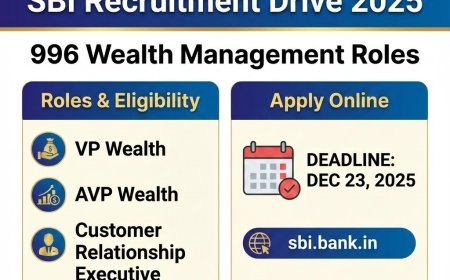SEBI - Investor Certification Examination
SEBI - Investor Certification Examination
Q 31. How long does the broker have to ensure pay-out of funds and securities to clients?
Within 12 hours of pay-out
Within 24 hours of pay-out
Within 48 hours of pay-out
None of the above
Q 32. On which days does trading on the stock exchange not take place?
- Mondays and Tuesdays
- Wednesdays and Thursdays
- Fridays and Saturdays
- Sundays and Mondays
Q 33. When must investors make payment to their broker's bank account for share purchases?
- On the trade day
- After the pay-out day
- Prior to the pay-in day
- One week after the trade day
Q 34. What happens after an investor makes payment for purchased shares?
- The shares are immediately credited to the investor's account
- The broker credits the shares after the pay-out day
- The payment is refunded to the investor
- The payment is held until the next trade
Q 35. What must investors do when selling shares?
- Deliver the shares to the broker's Demat account after the pay-in day
- Deliver the shares to the broker's Demat account prior to the pay-in day
- Make a payment to the broker
- Wait until the pay-out day
Q 36. What is pay-in day?
- The day when investors make payments to brokers
- The day when brokers make payments or deliver securities to the stock exchange
- The day when the stock exchange delivers securities to brokers
- The day after the trade day
Q 37. What is pay-out day?
- The day when brokers make payments to investors
- The day when investors make payments to brokers
- The day when the stock exchange makes payments or delivers securities to brokers
- The day when brokers deliver securities to the stock exchange
Q 38. What does T+2 rolling settlement mean?
- Trades are settled two weeks after the trade day
- Trades are settled two months after the trade day
- Trades are settled two business days after the trade day
- Trades are settled immediately
Q 39. When was the T+2 rolling settlement system implemented?
- January 1, 2000
- April 1, 2003
- July 1, 2010
- April 1, 2020
Q 40. If a trade is executed on a Monday, when is it typically settled?
- Tuesday
- Wednesday
- Thursday
- Monday of the next week
Q 41. What is required for the pay-in of funds and securities?
- It must be done on the trade day
- It must be done on T+2 day
- It must be done on T+3 day
- It can be done any time after the trade day
Q 42. When must brokers ensure pay-out of funds and securities to clients?
- Within 48 hours of the trade
- Within 72 hours of the trade
- Within 24 hours of the pay-out
- Immediately after the trade
Q 43. What happens if an investor fails to deliver shares before the pay-in day?
- The trade is automatically canceled
- The investor is penalized
- The broker covers the shares from the market
- The investor can deliver the shares any time after the pay-in day
Q 44. What is the role of the stock exchange on pay-out day?
- To receive funds from brokers
- To deliver funds and securities to brokers
- To cancel all trades
- To issue new shares
Q 45. What is the significance of T in T+2?
- Trade day
- Transaction day
- Transfer day
- Termination day




